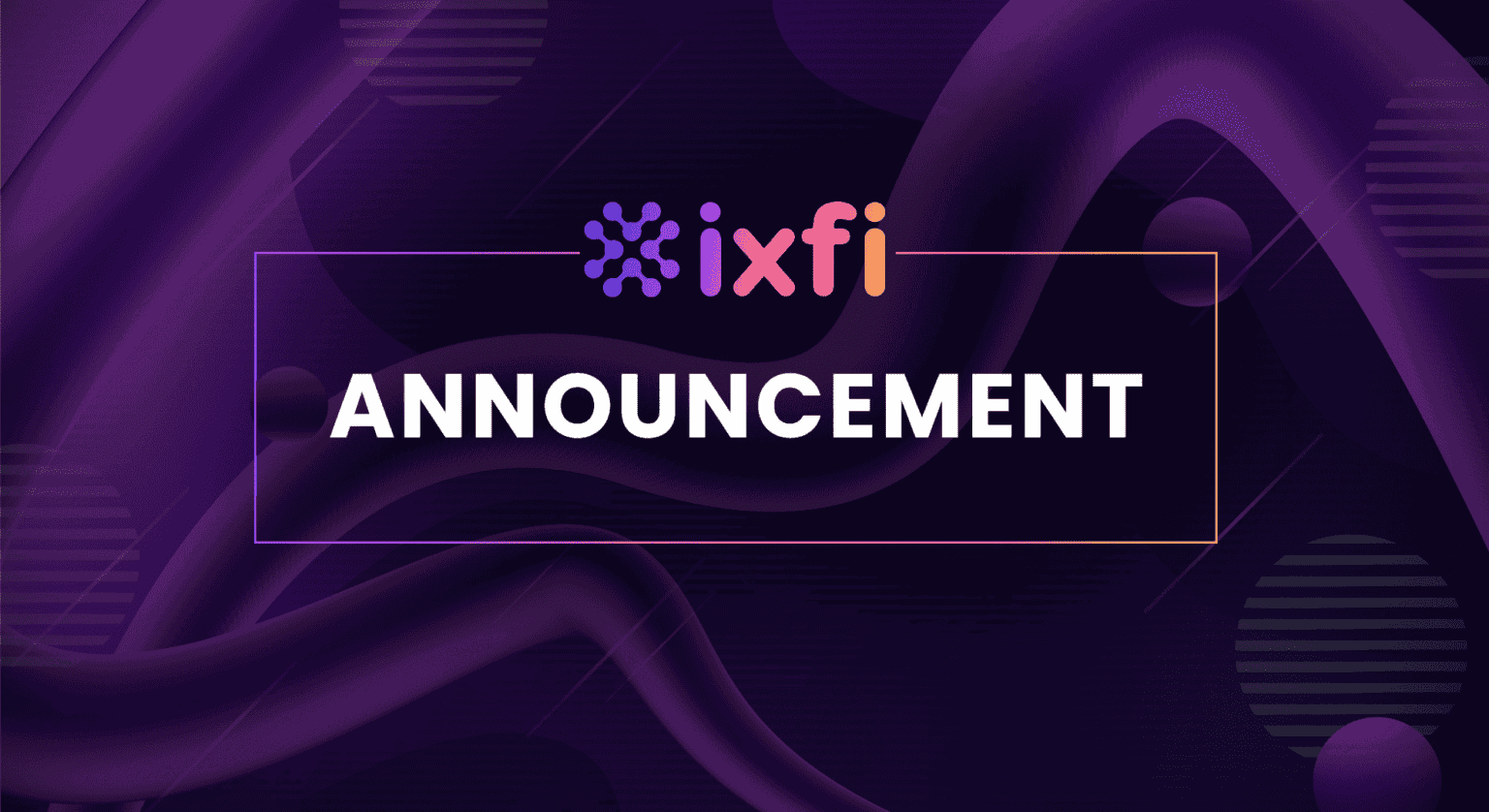When Bitcoin introduced itself to the world a decade ago, it was assumed to be bringing a revolution in the financial ecosystem. But now, as we entered a new decade, having witnessed the shift from Bitcoin to the notion of cryptocurrencies has made it essential to look at what we have achieved so far.
Cash-loving Japan warming up to cryptos
Despite the highly volatile nature of cryptos, these digital assets have managed to carve a niche for themselves. More and more people are investing in crypto despite its risks. This has likely given an acceptance from the world.
With rising adoption, nations are looking for the opportunity to take advantage. And the latest to join the company is Japan’s largest financial institution, Mitsubishi UFJ Bank. Such a move is sure to a situation where we could see new stablecoins emerging from Japan into the crypto world.
Focus on education around cryptos
As the world of blockchain moves forward and crypto comes of age, it’s essential to build media as an element in building consumers’ understanding and education. Many are looking forward to evolving into platforms that offer next-level investment insights.
As more education around the subject is spread, more and more people will become investors and traders. This will create a new mainstream way to generate income.
The largest DeFi hack of 2022
Wormhole’s token bridge had been hacked on the 2nd of February, with hackers stealing a hefty $322 million worth of tokens. The hackers have already expended a large part as well converted some to USDC.
Though the hack has been patched, and the platform will replenish the supply, the token bridge is offering a massive $10M to anyone who helps them by returning the funds.
Now buy NFTs without cryptos
Buying NFTs is complex; you need to create a crypto wallet, connect it to the NFT platform, and lastly, add the amount before making a purchase.
However, some platforms have brought up solutions that allow traders to buy NFTs using fiat money.
This new checkout tool eliminates the need for wallets by enabling marketplaces to facilitate the purchase of NFTs through traditional modes, namely debits/credit cards, UPIs, or even direct bank transfers.
All these are expected to fasten the checkout process while reducing the exuberant transaction fees for crypto transfers.
The legitimacy of cryptos in India
India’s recent budget session professed a 30% tax to be levied on income from the transfer of digital assets — including cryptos & NFTs — along with 1% TDS on every transaction from April. Although this is a great sign of crypto’s strong future, the initial excitement has also brought a high disappointment for high tax rates.
Stakeholders believe the coming weeks are more crucial in determining the country’s future steps for cryptocurrency.
The Indian government also plans to launch its own blockchain-based “digital rupee” in the coming year, which will mostly be regulated by RBI (Reserve Bank of India). However, this will not be subjected to the proposed 30% tax norm.
In spite of all the heat brought on by the announcements, those excited investors must keep in mind that private cryptos & NFTs, “virtual digital assets,” aren’t yet what we can call fully legal. Likewise, this “special assets class” isn’t illegal as well.
For more crypto-related news, stay up to date with our Medium blog. If you’re eager to start your trading journey, count on Your Friendly Crypto Exchange, IXFI, to have your best interests at heart.
Disclaimer: The content of this article is not investment advice and does not constitute an offer or solicitation to offer or recommendation of any investment product. It is for general purposes only and does not take into account your individual needs, investment objectives and specific financial and fiscal circumstances.
Although the material contained in this article was prepared based on information from public and private sources that IXFI believes to be reliable, no representation, warranty or undertaking, stated or implied, is given as to the accuracy of the information contained herein, and IXFI expressly disclaims any liability for the accuracy and completeness of the information contained in this article.
Investment involves risk; any ideas or strategies discussed herein should therefore not be undertaken by any individual without prior consultation with a financial professional for the purpose of assessing whether the ideas or strategies that are discussed are suitable to you based on your own personal financial and fiscal objectives, needs and risk tolerance. IXFI expressly disclaims any liability or loss incurred by any person who acts on the information, ideas or strategies discussed herein.


